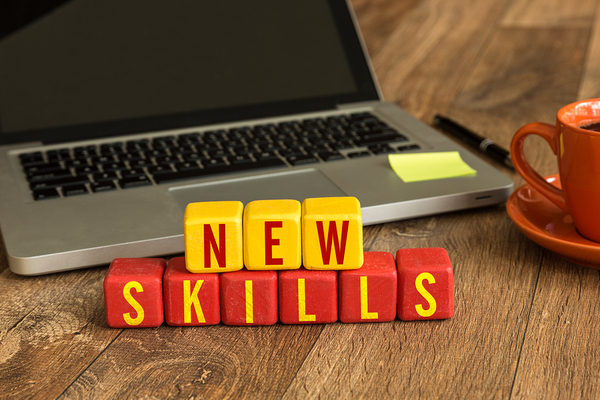
People learn new skills for a variety of reasons. Sometimes you need new skills for your job to keep up with technological advances or to take advantage of newly developed techniques. When you learn a new skill, it has benefits that go way beyond the actual skill learned. Here are some of the biggest benefits of learning a new skill – no matter what that skill is.
1. Your brain chemistry changes.
The white matter in your brain is called myelin, and it helps improve performance on a number of tasks. The more people practice a new skill they are learning, the more dense the myelin in their brains becomes, which helps them learn even better.
2. Your learning speed increases.
Learning a new skill helps you learn things faster over time. By stimulating neurons in the brain, more neural pathways are formed and electrical impulses travel faster across them as you attempt to process new information. The more pathways that are formed, the faster impulses can travel.
3. You make connections between skill areas.
Part of learning a new skill is connecting that skill to information and skills you already know. Prior knowledge helps people relate to new information and build on existing knowledge, which makes it easier to learn even more new skills.
4. You become a more interesting person.
Well-rounded individuals have an easier time relating to others and have more things in common with them. Being a more interesting person will draw others to you and improve the quality of your life as your relationships improve and deepen.

5. It fights boredom.
Learning new things keeps your interest level high so you don’t get bored as easily. Doing the same things over and over again can quickly become monotonous, but learning a new skill breaks that cycle of monotony and prevents boredom from setting in.
6. You adapt better to change.
When you learn something new, your mind and your perceptions change, which in turn makes it easier to adapt to the inevitable changes life always tends to bring. Adapting to change is a skill in itself, and the more varied your life experience is, the easier it is to adapt to change.
7. You could stave off dementia.
People who learn a new skill are less likely to develop dementia, which has been linked to demyelination of your brain. People who actively learn new skills don’t give their brains a chance to demyelinate, and their neural pathways are ready for new impulses to travel along them.
Sometimes you can learn a new skill independently or informally, but often the best way to learn a new skill is to take a course or attend a lecture. Central Connecticut State University offers continuing education courses and lectures that allow people to learn new skills and more fully develop their existing skills, both for their careers and to develop their own interests. Join our mailing list to see what courses are coming up in the near future.
